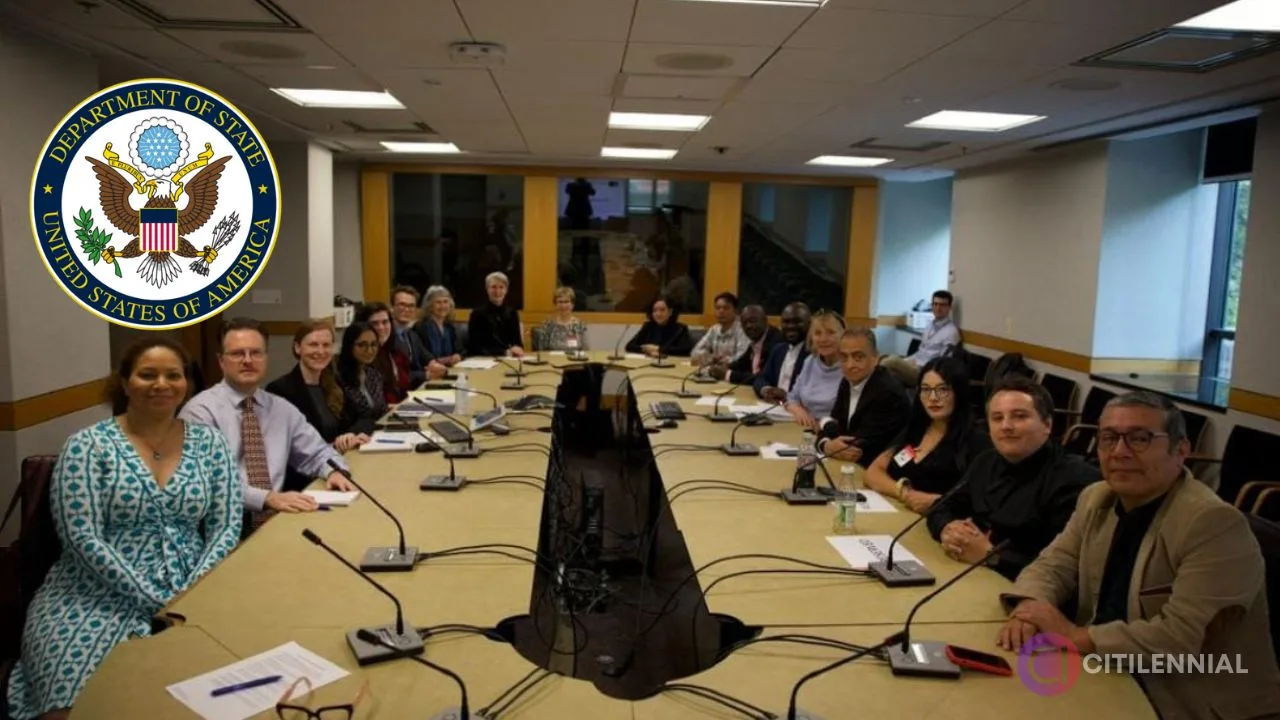
On April 9, as Citilennial, as part of USAGM training program for its affiliates, we were invited to the U.S. Department of State to participate in a working group to combat international environmental crimes.
As journalists representing Colombia and Latin America, we have the responsibility and opportunity to highlight the specific challenges facing the region in terms of environmental crime, such as deforestation, illegal mining, river pollution and natural resource exploitation.
At the same time, we can share success stories and positive initiatives that are taking place in the region to protect the environment and promote sustainability.
Impact of U.S. Department of State
The U.S. State Department plays a crucial role in the international response to climate change because of its ability to represent the country in global climate negotiations and agreements. Here are some ways in which the State Department is important in the context of climate change:
International Negotiations: The State Department leads international climate change negotiations on behalf of the United States. This includes participating in conferences such as the United Nations Climate Change Conference (COP) and working to reach international agreements to address global warming.
Climate Diplomacy: The State Department uses diplomacy to build international coalitions and promote cooperation among countries in the fight against climate change. This can include facilitating bilateral and multilateral agreements on emissions reductions, climate change adaptation, and climate finance.
Implementation of International Agreements: Once international agreements on climate change are reached, the State Department works to implement and fulfill the commitments made by the United States. This may include developing domestic policies, allocating funds for mitigation and adaptation programs, and reporting on progress.


International Climate Policy Advocacy: The State Department advocates for ambitious climate policies at the international level and works to influence other countries’ decisions on climate change. This can include advocating for stricter environmental standards, promoting clean and renewable technologies, and mobilizing financial resources for global climate action.
We can all be a great support network
We would like to thank Iscar Blanco of USAGM and his colleagues Joan Mower and Inna Dubinsky, as well as Trevor Hampton of the Office of Conservation and Water From the U.S. Department of State with whom we will see you soon to continue to participate in these important discussions. Thanks to the Voice of America team for all the material they produce and help us feed our portals.

I hope that this experience will provide you with valuable ideas and practical tools to address these issues effectively in your media and contribute to the protection and conservation of the environment in Colombia, Latin America and beyond. Congratulations for this opportunity and for your commitment to the environmental cause!
@wil-walteros



